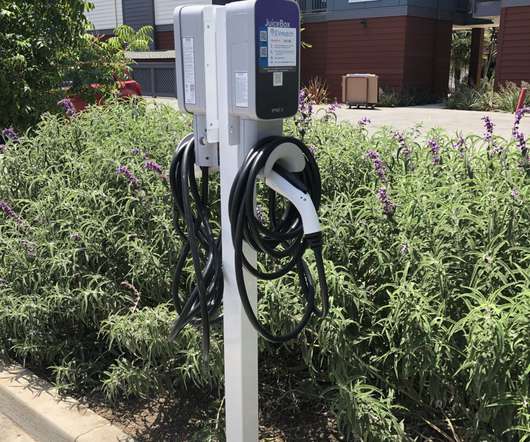U-M researchers challenge USPS EV environmental study
Green Car Congress
AUGUST 29, 2022
A new University of Michigan study finds that making the switch to all-electric mail-delivery vehicles would lead to far greater reductions in greenhouse gas emissions than previously estimated by the US Postal Service (USPS). The NGDV program calls for the purchase of up to 165,000 new mail delivery trucks over the next decade.












Let's personalize your content